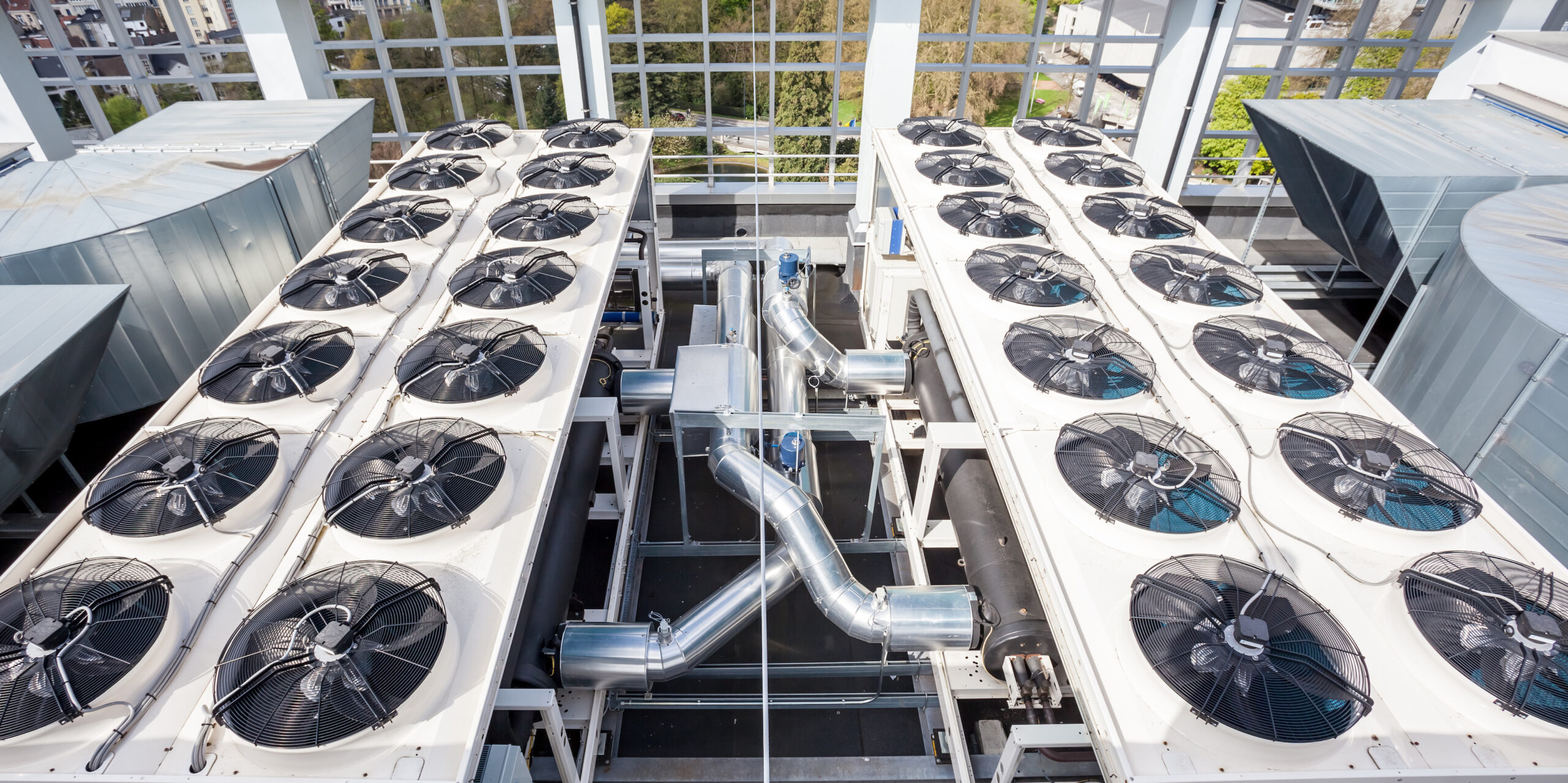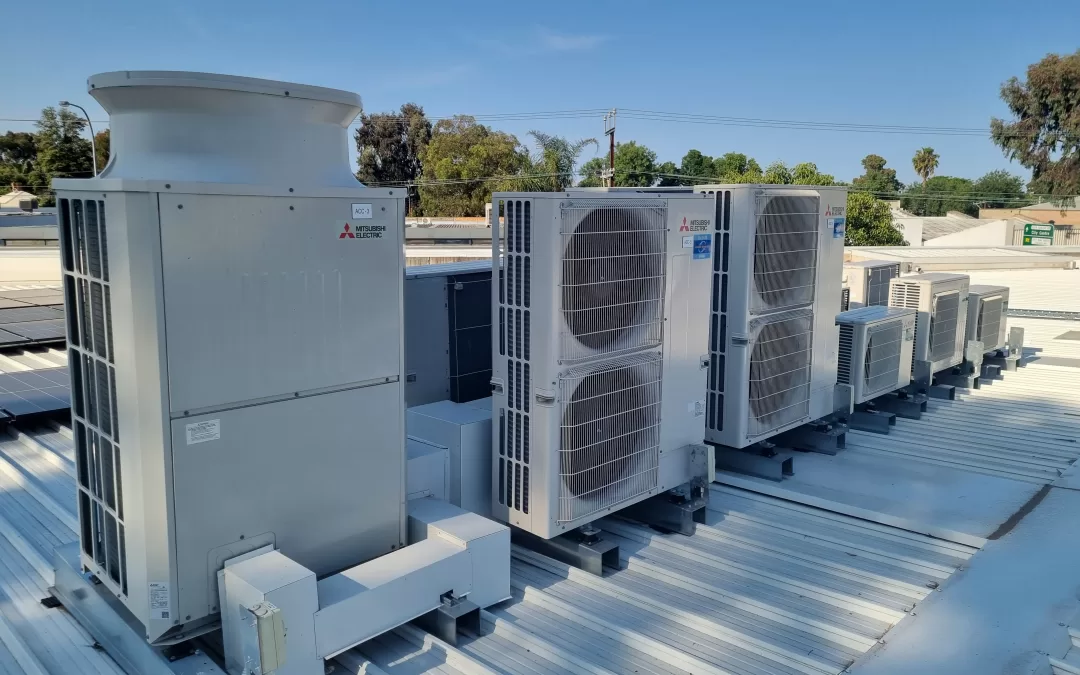Quality Furnace Installation Services To Keep Your Home Cozy And Efficient
Quality Furnace Installation Services To Keep Your Home Cozy And Efficient
Blog Article
Your Guide to Selecting the Right HVAC System for Your Demands
Selecting an ideal HVAC system is a vital choice that can dramatically affect convenience and power performance in your home. In addition, comprehending the various types of systems offered and their energy ratings can assist guide your choice.
Comprehending Heating And Cooling System Types
When choosing a HVAC system, it is important to recognize the different kinds offered to satisfy your certain demands. The primary categories of cooling and heating systems include main air conditioning systems, ductless mini-split systems, heatpump, and furnace systems.
Air conditioning systems are developed to cool numerous rooms making use of ductwork to distribute conditioned air. They are excellent for larger homes calling for regular temperature control. Ductless mini-split systems, on the various other hand, give adaptability and effectiveness, as they permit zoning abilities, allowing individual space temperature level regulation without the need for ductwork.
Heat pumps operate by transferring heat instead than generating it, making them an energy-efficient choice for both heating and cooling. On the other hand, heater systems utilize burning to produce heat, making use of either electricity, oil, or gas.
Each system has distinct benefits and considerations, including setup requirements, maintenance, and overall costs. Understanding these types will aid home owners make educated decisions based on their specific needs, climate, and budget restrictions, inevitably making certain ideal comfort and performance.
Examining Power Efficiency
Energy performance is an important consider the choice of a heating and cooling system, as it directly influences both utility costs and ecological sustainability. When examining energy performance, numerous metrics and rankings can assist guide your choice. The Seasonal Energy Performance Ratio (SEER) and the Home Heating Seasonal Efficiency Factor (HSPF) are essential indications for a/c systems, representing their efficiency over a normal cooling and home heating season, specifically. Higher SEER and HSPF rankings indicate far better power efficiency, resulting in lowered energy intake.
In addition, search for systems that have actually gained the ENERGY STAR label. This certification represents that the tools satisfies rigorous energy effectiveness standards set by the united state Epa. Consider the system's variable-speed technology, which enables for extra efficient operation by changing the output to match demand, additionally boosting power savings.
Furthermore, appropriate insulation and air duct securing can significantly influence the system's overall effectiveness. In summary, choosing an energy-efficient cooling and heating system not just decreases your power costs but also contributes to a more lasting atmosphere, making it an essential consideration in your buying process.
Assessing System Size
Selecting the suitable size for a heating and cooling system is important to making sure ideal performance and effectiveness. An undersized system may battle to keep wanted temperature levels, leading to boosted deterioration, higher energy intake, and lessened convenience. On the other hand, an oversized system can lead to rapid biking, which not only causes inefficiencies yet likewise impacts humidity control and air top quality.
To examine the suitable sizing, it is necessary to carry out a load estimation, which thinks about elements such as the square footage of the room, insulation levels, home window dimensions, and local environment conditions - boilder repair. This computation helps figure out the British Thermal Devices (BTU) required for cooling and heating. Additionally, it is pop over to this site essential to represent specific requirements, such as the number of owners and the existence of heat-generating devices

Installment Prices and Spending Plan
A thorough understanding of installment prices is crucial for businesses and homeowners taking into consideration a brand-new cooling and heating system. The overall cost of setup can vary widely based upon numerous aspects, including the sort of system, the intricacy of installment, and the place of the residential property. Generally, installation costs can vary from $3,000 to $10,000, depending upon Check Out Your URL the system's size and efficiency.
When budgeting for a cooling and heating system, it is critical to take into consideration not only the initial installment expenses but additionally any type of additional expenditures that may arise, such as ductwork alterations, electrical upgrades, or permits. In addition, it is a good idea to obtain numerous quotes from certified HVAC service providers to make sure competitive prices.
Property owners need to likewise consider the prospective long-term cost savings related to energy-efficient systems. While the in advance costs might be you could check here greater, energy-efficient designs can bring about considerable financial savings on utility costs in time.

Upkeep and Durability Factors To Consider

Appropriate upkeep consists of regular evaluations, filter replacements, and cleansing of air ducts and coils (furnace repair). Ignoring these jobs can bring about reduced efficiency, enhanced energy expenses, and premature system failure. House owners need to additionally consider the availability of service contracts, which frequently offer scheduled maintenance and concern service, making sure that the system stays in peak condition
Durability varies by system type; for example, well-kept central air conditioning units can last 15 to 20 years, while heat pumps may have a lifespan of 10 to 15 years. Selecting a system with a solid online reputation for integrity, in addition to buying routine maintenance, can considerably enhance the system's resilience. Additionally, choosing higher-efficiency versions might result in long-term savings on power expenses, balancing the initial financial investment gradually.
Final Thought
To conclude, selecting an ideal cooling and heating system requires careful factor to consider of different elements, consisting of system kinds, energy performance, and size. Evaluating installment expenses and long-term upkeep requirements is crucial for making sure optimal efficiency and cost-effectiveness. Engaging with HVAC experts can provide beneficial insights and customized recommendations that straighten with particular home heating and cooling demands. Eventually, an educated decision will certainly enhance convenience and performance in domestic settings while optimizing energy cost savings.
Selecting a suitable Cooling and heating system is a critical decision that can substantially influence convenience and energy efficiency in your home.Energy effectiveness is an important factor in the selection of a Heating and cooling system, as it directly affects both energy prices and ecological sustainability. The Seasonal Power Performance Proportion (SEER) and the Home Heating Seasonal Efficiency Variable (HSPF) are vital indicators for air conditioning systems, representing their efficiency over a common cooling and heating season, respectively. Selecting a system with a strong reputation for reliability, along with investing in regular upkeep, can dramatically boost the system's longevity.In verdict, picking an ideal Cooling and heating system demands cautious consideration of various factors, consisting of system kinds, power effectiveness, and size.
Report this page